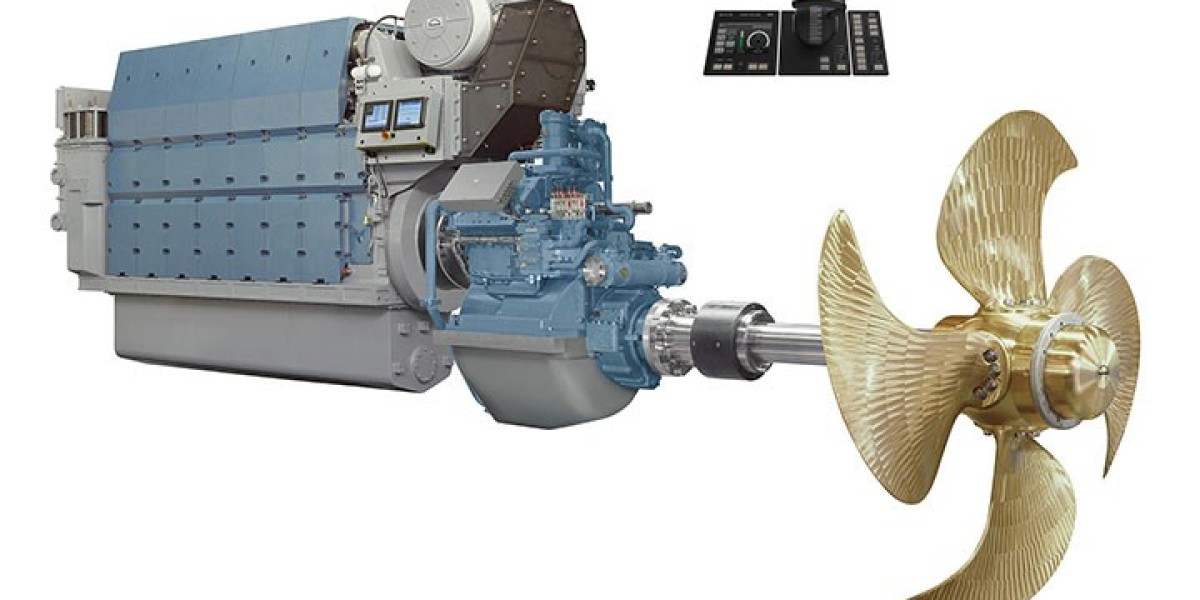Choosing the right marine propulsion system can feel overwhelming, but it’s a crucial decision for shipowners, marine engineers, and fleet operators. With the growing focus on sustainability, fuel efficiency, and regulatory compliance, understanding the differences between hybrid, electric, and traditional propulsion systems has never been more important. At Wiedson Engineering, we provide expert guidance and innovative solutions to help you pick the system that’s right for your vessel.
What is a Marine Propulsion System?
A marine propulsion system is essentially what moves a ship through water. It converts fuel or electricity into mechanical energy to drive the vessel. The three main types are:
Traditional Propulsion Systems
Electric Propulsion Systems
Hybrid Propulsion Systems
Each system comes with its own strengths and considerations.
Traditional Marine Propulsion Systems
Overview
Traditional systems, usually powered by diesel engines, have been around for decades. They’re known for their reliability and ability to generate significant power.
Advantages
Time-Tested Reliability: Well-understood technology with proven performance.
High Power: Perfect for large vessels that need strong thrust.
Fuel Availability: Diesel is widely accessible worldwide.
Limitations
Environmental Impact: Higher carbon emissions and pollutants.
Operating Costs: Fuel and maintenance can be expensive.
Noise and Vibration: Less comfortable for passengers.
Best Suited For
Cargo ships and tankers
Long-distance vessels
High-speed ferries
Electric Marine Propulsion Systems
Overview
Electric propulsion uses motors powered by batteries or shore power. It’s gaining traction thanks to its eco-friendliness and quiet operation.
Advantages
Eco-Friendly: Produces zero direct emissions.
Quiet: Perfect for passenger vessels or sensitive marine environments.
Low Maintenance: Fewer moving parts than traditional engines.
Limitations
Range Limitations: Battery life can restrict travel distance.
Initial Investment: Batteries and charging infrastructure are costly.
Charging Time: Requires time to recharge between trips.
Best Suited For
Short-distance ferries
Harbour and inland waterway vessels
Research and leisure boats
Hybrid Marine Propulsion Systems
Overview
Hybrid systems combine traditional engines with electric motors. This gives vessels the flexibility to switch between power sources depending on operational needs.
Advantages
Fuel Efficiency: Save fuel by using electric power in low-speed situations.
Reduced Emissions: Cleaner than traditional engines.
Versatile: Operate efficiently in both short and long-distance travel.
Limitations
Complexity: Requires advanced control systems.
Higher Cost: More expensive upfront than traditional engines.
Maintenance: Needs expertise in both electric and conventional systems.
Best Suited For
Ferries in environmentally sensitive areas
Coastal cargo vessels
Passenger ships focusing on sustainability
How to Choose the Right Propulsion System
Here are key factors to consider when selecting a marine propulsion system:
Vessel Size and Type – Large cargo vessels may need traditional systems, while ferries benefit from hybrid setups.
Operational Range – Electric systems are ideal for short trips, while traditional engines handle long voyages.
Environmental Regulations – Hybrids and electric systems help meet emission standards.
Cost and ROI – Balance initial investment against long-term fuel and maintenance savings.
Maintenance Capabilities – Ensure your team can handle system requirements.
At Wiedson Engineering, we help you evaluate these factors to choose a system that fits your vessel’s unique needs.
Conclusion
Picking the right marine propulsion system is crucial for efficiency, sustainability, and compliance. Traditional engines provide power and reliability, electric systems focus on environmental friendliness, and hybrid systems offer the best of both worlds. Consulting experts like Wiedson Engineering ensures your vessel has a system that meets your operational, financial, and environmental goals.
FAQs
1. What is the most efficient marine propulsion system?
Efficiency depends on the vessel and its usage. Hybrid systems often provide the best balance of fuel savings and emissions reduction.
2. Can electric propulsion be used for long-distance vessels?
Battery limitations currently make electric systems better suited for short-distance or inland waterway travel. Longer journeys may require hybrid or traditional engines.
3. How does Wiedson Engineering help in choosing the right system?
We provide consultation, design, and implementation services for traditional, electric, and hybrid propulsion systems, ensuring optimal performance and compliance.



